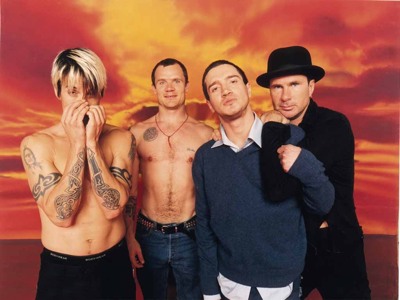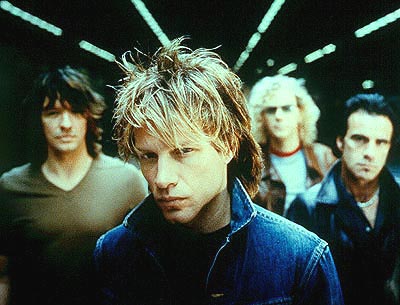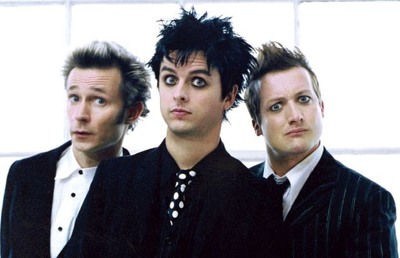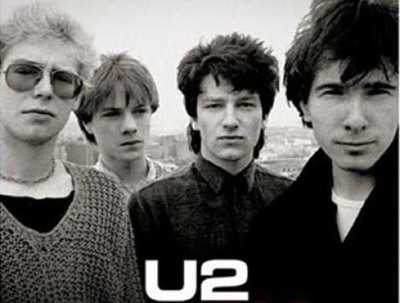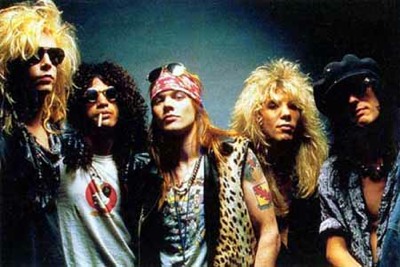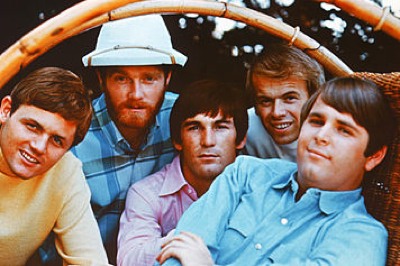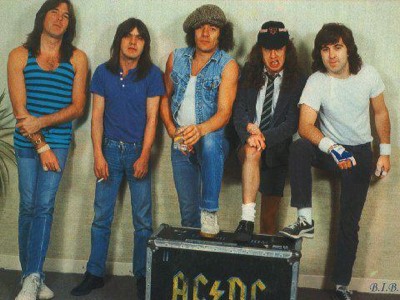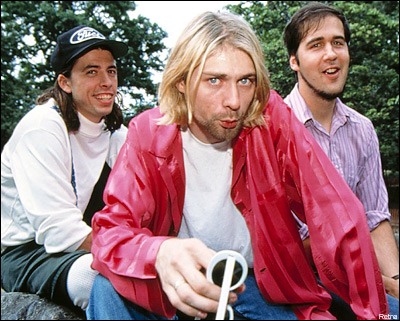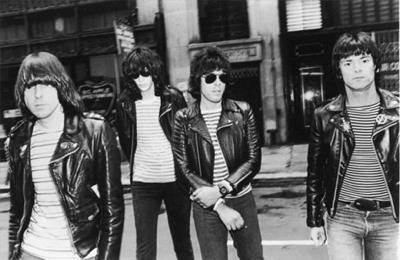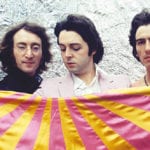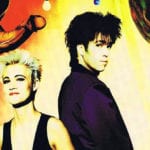An enjoyable band in its own right, equal amounts grunge and incendiary funk (dig the rhythm section) but nowhere near as primordial as critics have made them out to be. For twenty years they have stayed true to the same terse formula which sometimes works out but often times simply grows tedious. Strangely, their attempts at sappy sentimentality usually end up being the singles that receive constant airplay.
Even more formulaic than the Chili Peppers, Bon Jovi were the poster boys for 80s hair metal and were loyal to their code long enough to make repetitive clones of their every single, and fans were unable to tell the difference. In an interview, one band member claimed they would never make an experimental album because they didn’t want to cheat fans by being selfish. I guess no one ever told them that it takes selfishness to make art.
Before American Idiot, Green Day was an impressive young band, blending pure punk with delicious melodies, cranking out songs such as Brain Stew and Good Riddance. But after 2004, they ceased to be a band and became a franchise. It was no longer a musical entity as much as a stadium-selling appearance. Dozens of bands tried to follow their example and are partially responsible for the dearth in punk rock today.
Long considered the ultimate stadium band, U2 in its day (that time known as the 80s) were a very imaginative powerhouse. But now that vamping guitar seems less influential and more trance-inducing, and not in a meditative way. Bono’s voice is astounding, but at times falls under the weight of carrying some mediocre songs that somehow end up getting major airplay.
Axl Rose is possibly the quintessential overrated hair metal frontman, the paramount of flashy, overbearing crankiness that some critics take as a form of ambition. How did this band become known as one of the greatest influences in rock today? Slash is a great guitarist, but a solo does not make a song. A worthy guitar band, but as monumental artists, they leave much to be desired.
Yes, they made Smile. Yes, they composed some of the catchiest music of the 60s and almost single handedly invented California rock. But there is a time when a band ceases to be simply influential and moves into the territory of being distilled. Not to mention, almost all of their singles are indistinguishable until midway through the chorus.
Metallica, contrary to popular belief, did not reinvent the wheel known as heavy metal and are not so much a major creative influence as a very popular band. Their range from speed rock to epic “composition” is very hollow on close inspection, both musically and lyrically. [They are also a bunch of whiners. – JFrater] [LOL @ J -Cyn]
What began as a turgid imitation of grunge ended up selling a whopping 8 million copies in two years of a gratingly compromised and soul-sucking pop album, supporting mind-bogglingly popular singles and pale, tasteless fan favorites. The attention this band gets on a daily basis for being unoriginal is unfair in comparison to the innovative unknowns struggling in LA clubs. How did a band this trite and adolescent gain so much favor? It is one of the world’s greatest mysteries.
Fans and critics alike praise them for being able to carry their songs using only three chords and constantly bludgeoning riffs. They rank highly on this list not only for that very definition, but because they have taken the gospel of rock and turned it into a Wal Mart commodity, joining Aerosmith in having Guitar Hero avatars and countless songs on the charts that are nigh-indiscernible. They represent classic rock on its last legs, and while that may be supportable, its no reason to put them on so incredible a pedestal.
Don’t get me wrong: Kurt Cobain was a great songwriter and was able to get away with repetition because that’s how punk rock was meant to be presented: as a slipshod dungeon of sincerity; not that they couldn’t be melodic, as on the incendiary MTV Unplugged. It’s not the band that’s overrated so much as the premise: after Cobain’s death Nirvana ceased to be a band so much as a corporate enterprise, spawning a massive appeal of T-shirts and other forms of apparel, which Cobain despised and saw as a form of cock rock conformity. Ironically, Nirvana has become the very thing Cobain always fought against, and has inspired infinite punk bands to sell out and become equivocal commodities. Not to mention Cobain’s death has made him in the eyes of fans to be a martyr, a horrible misinterpretation of a melancholy end. Cobain was no Werther, but the popularity that has ensued for the past decade is sorrowfully appalling.
The first punk rock band? No. The first over-recognized punk rock band to be franchised on an insurmountable basis? No doubt.
